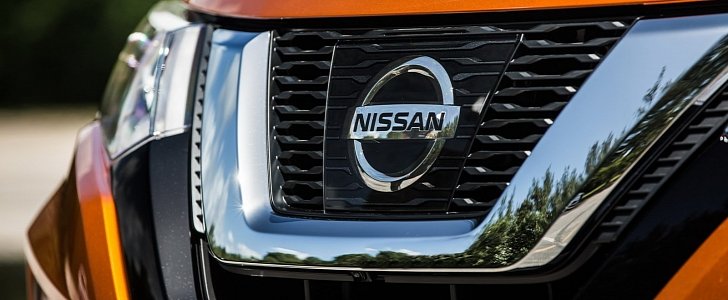Nissan’s latest partnership, which involves the Mitsubishi brand, will be linked to new versions of its future models.
As you might have noticed, Nissan does not have too many hybrid cars in its portfolio, but that is about to change in the future thanks to its acquisition of a 34% stake in Mitsubishi.
In recent years, the Nissan brand focused on further developing its internal combustion engines, while it also launched a range of electric cars, which made it deficient in the field of hybrids.
Meanwhile, its competitors and occasional partners at Mitsubishi were developing a few plug-in hybrid models, which proved popular on the European market. Unfortunately, the cheating scheme employed by the three diamond brand overshadowed the accomplishments of the company, which gathered the interest of Nissan.
According to Takashi Shirakawa, Nissan’s Research and Development boss in Europe, the automaker that employs him will work on a “bridge” between internal combustion engines and electric models in the future. As Auto Express notes, the said “bridge” is a plug-in hybrid model, which could use Mitsubishi’s powertrain from the Outlander PHEV.
The plug-in hybrid solution we are referring to will be employed in Europe first, but Nissan is expected to use it in other markets as well. Instead of a rebadging, which might not be the best option for the Renault-Nissan Alliance, the Japanese half of this partnership will employ the new powertrain on the next-generation product range.
Nissan could have surely developed a proprietary plug-in hybrid solution, but that involves significant costs, which can be evaded through the adoption of a setup from Mitsubishi. The new plug-in hybrid models will not be smaller than the compact class, and are expected to be focused on the crossover side of that segment.
The smaller cars in the range are expected to receive micro-hybrid technology, which focuses on offering the most efficient representation of an internal combustion engine. Nissan’s French partners at Renault are currently exploring similar ideas, which are expected to come into production in the next couple of years.
In recent years, the Nissan brand focused on further developing its internal combustion engines, while it also launched a range of electric cars, which made it deficient in the field of hybrids.
Meanwhile, its competitors and occasional partners at Mitsubishi were developing a few plug-in hybrid models, which proved popular on the European market. Unfortunately, the cheating scheme employed by the three diamond brand overshadowed the accomplishments of the company, which gathered the interest of Nissan.
According to Takashi Shirakawa, Nissan’s Research and Development boss in Europe, the automaker that employs him will work on a “bridge” between internal combustion engines and electric models in the future. As Auto Express notes, the said “bridge” is a plug-in hybrid model, which could use Mitsubishi’s powertrain from the Outlander PHEV.
The plug-in hybrid solution we are referring to will be employed in Europe first, but Nissan is expected to use it in other markets as well. Instead of a rebadging, which might not be the best option for the Renault-Nissan Alliance, the Japanese half of this partnership will employ the new powertrain on the next-generation product range.
Nissan could have surely developed a proprietary plug-in hybrid solution, but that involves significant costs, which can be evaded through the adoption of a setup from Mitsubishi. The new plug-in hybrid models will not be smaller than the compact class, and are expected to be focused on the crossover side of that segment.
The smaller cars in the range are expected to receive micro-hybrid technology, which focuses on offering the most efficient representation of an internal combustion engine. Nissan’s French partners at Renault are currently exploring similar ideas, which are expected to come into production in the next couple of years.









































